Polybutylene Pipes Damage
Polybutene Pipes Damage: Cause and Effect
- Material Composition: Polybutene pipes, made of a plastic resin known as polybutylene, gained popularity in Florida and across the United States during the 1970s to 1990s due to their low cost, flexibility, and ease of installation.
- Susceptibility to Degradation: Over time, it was discovered that polybutene pipes are susceptible to degradation when exposed to certain water disinfectants and oxidants commonly found in municipal water supplies, particularly chlorine.
- Chemical Reaction: Chlorine and other oxidants can cause the polybutene material to become brittle, leading to microfractures, cracks, and ultimately, catastrophic failures in the pipes.
- Leakage and Property Damage: As polybutene pipes degrade, they are prone to leaking and bursting, resulting in water damage to homes, businesses, and other properties. These leaks can occur suddenly and without warning, leading to costly repairs and potential health hazards from mold growth.
- Litigation and Settlements: The widespread failure of polybutene pipes led to numerous lawsuits and class-action settlements against manufacturers, plumbing companies, and builders. These legal actions highlighted the financial and emotional toll experienced by property owners due to polybutene pipe failures.
- Regulatory Response: Recognizing the risks posed by polybutene pipes, regulatory bodies in Florida took action to address the issue. Building codes were updated to prohibit the use of polybutene pipes in new construction, and insurance regulations encouraged the replacement of existing polybutene pipes to mitigate the risk of water damage claims.
- Decline in Usage: Due to concerns over reliability and the potential for costly damages, polybutene pipes fell out of favor in Florida and other states. They are no longer installed in new construction, and property owners are advised to proactively replace existing polybutene pipes with more durable and reliable materials to safeguard their properties against water damage risks.
Identifying Polybutene Pipes in Florida:
- Visual Inspection: Polybutene pipes are typically gray in color and have a shiny appearance. Performing a visual inspection of exposed pipes in your plumbing system can help identify if polybutene pipes are present.
- Check Pipe Markings: Look for markings or labels on the pipes indicating the material they are made of. Polybutene pipes may be marked with the abbreviation “PB” or “Poly-B” and may also have the manufacturer’s name or logo imprinted on them.
- Consult Property Records: Reviewing property records or inspection reports, especially if you’re purchasing a home, may provide information about the type of plumbing materials used during construction or previous renovations.
- Seek Professional Assistance: If you’re unsure about the type of pipes in your plumbing system, consider hiring a licensed plumber or building inspector to conduct a thorough assessment. They can identify the materials used and advise on any necessary actions.
- Awareness of Age and History: Properties built or renovated in the 1980s and 1990s are more likely to have polybutene pipes, as they were commonly used during that time. Knowing the age and history of your property can help in determining the likelihood of polybutene pipe installation.

Hurricane Damage
Water Damage

Storm Damage
Roof Damage

Hail Damage Claims

Cast Iron Pipe Claims

Blasting Damage

Lightning Damage

Tornado Damage
Fire Damage

Sinkhole Damage

Theft Damage

Business Loss
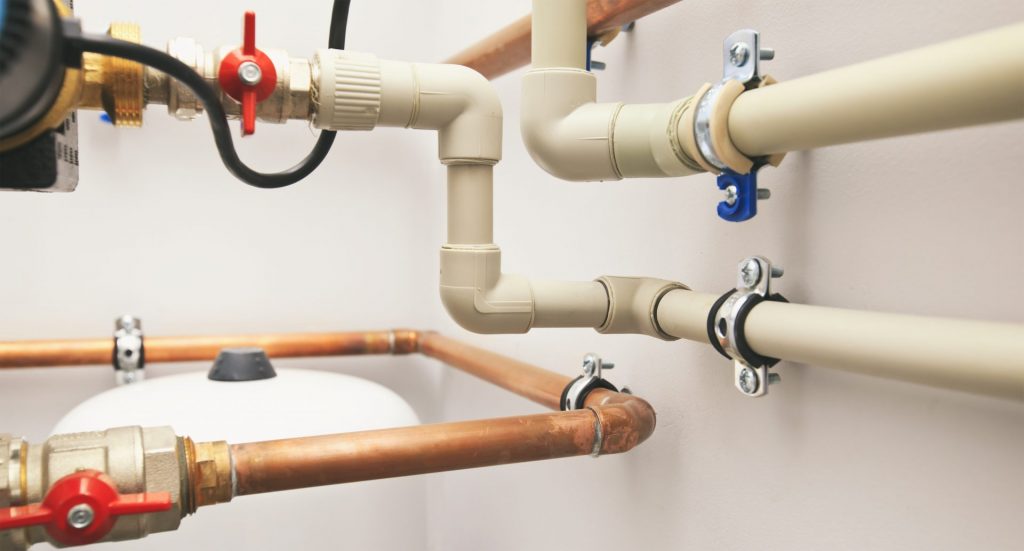
What to Do if You You Have Notice Polybutene Pipes:
- Consultation: Seek guidance from experienced professionals such as public adjusters, licensed plumbers or building inspectors who specialize in dealing with polybutene pipe issues. They can provide expert advice on the condition of the pipes and recommend the best course of action.
- Consider Replacement: Given the known risks associated with polybutene pipes, it’s often recommended to consider proactively replacing them with more reliable materials such as copper or CPVC (Chlorinated Polyvinyl Chloride). This can help prevent potential leaks, bursts, and water damage in the future.
- Budgeting: When planning for pipe replacement, be sure to budget for the necessary expenses, including materials, labor, and any associated repairs or renovations. Consider obtaining multiple quotes from reputable contractors to ensure competitive pricing and quality workmanship.
- Insurance Notification: Inform your insurance provider about the presence of polybutene pipes in your property. They can offer guidance on coverage options and requirements for pipe replacement, as well as any potential implications for your insurance policy.
- Documentation: Keep detailed records of your assessment, consultations, and any actions taken regarding the polybutene pipes. This documentation will be valuable for insurance claims, property assessments, and future reference.
- Follow-Up: Continuously monitor the condition of your plumbing system, especially if you opt for pipe replacement. Regular maintenance and inspections can help ensure the long-term integrity and functionality of your plumbing system, minimizing the risk of water damage and associated losses.
By following these steps and seeking professional assistance as needed, homeowners can effectively address polybutene pipe issues and safeguard their properties against potential water damage risks.
What to Do if You Notice Polybutene Pipe Damage:
- Immediate Assessment: Upon discovering polybutene pipe damage such as leaks, cracks, or deterioration, conduct an immediate assessment to evaluate the extent of the damage and potential risks to your property.
- Containment: Take immediate action to contain the damage by shutting off the water supply to prevent further leakage and minimize water damage to your property.
- Documentation: Document the polybutene pipe damage thoroughly by taking photographs, videos, and written notes. This documentation will serve as crucial evidence for insurance claims and property assessments.
- Professional Consultation: Seek guidance from experienced professionals such as licensed plumbers or public adjusters who specialize in handling polybutene pipe damage cases. They can provide expert advice on the best course of action and assist with the claims process.
Contact Global Public Adjusters today to schedule your free inspection and learn more about your next steps.
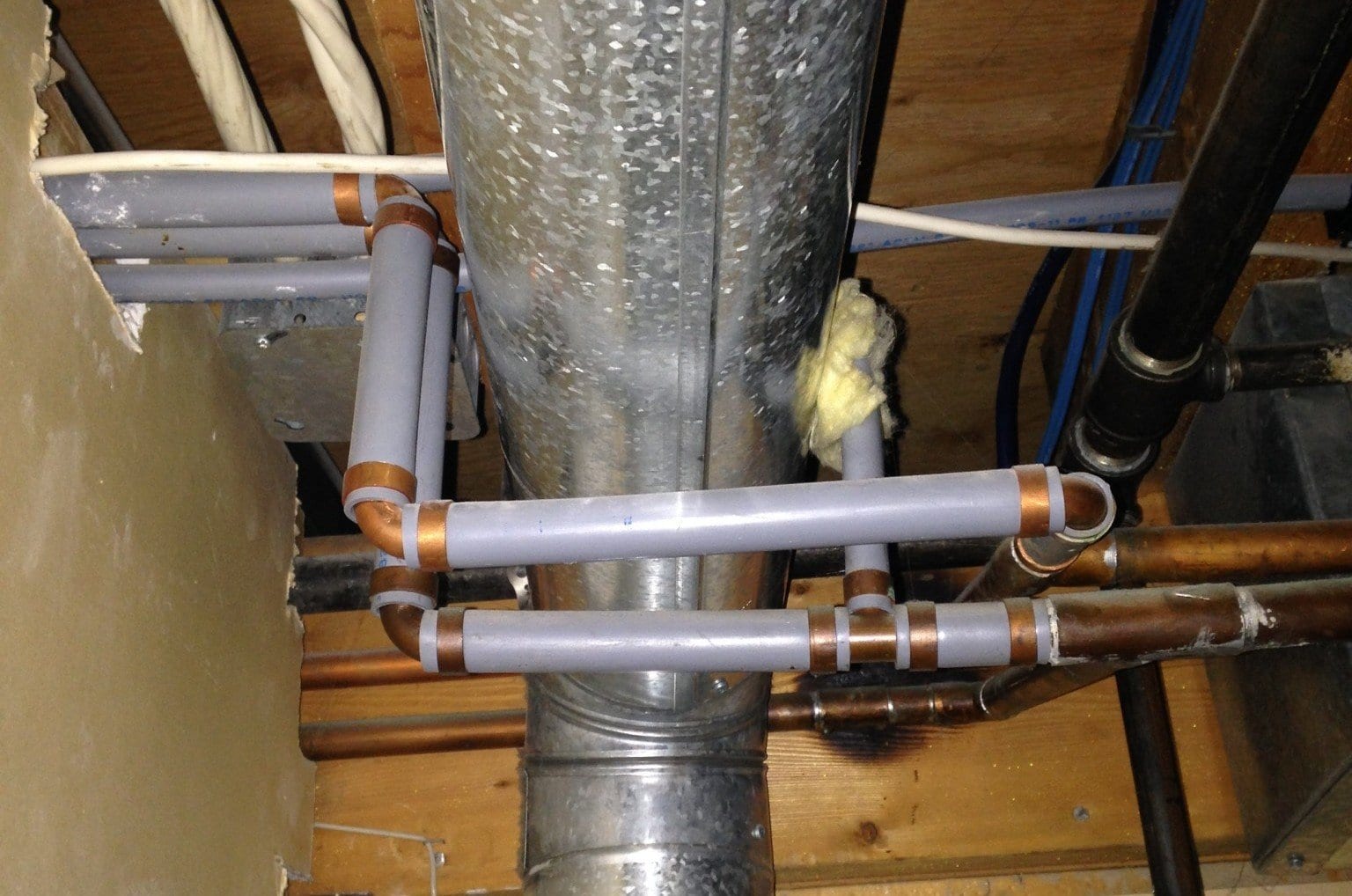
Understand "The Insurance Claim Process" with Global Public Adjusters. We'll assist you all the way through the claim till you get your correct cash award settlement.

In the case where a claim might have already been denied it is no problem to reopen the case and request a reevaluation of the factors and policy terms.

In a case where the insurance company has come up with too low an initial offer than expected, Global Public Adjusters will file for a reappraisal of the claim.
